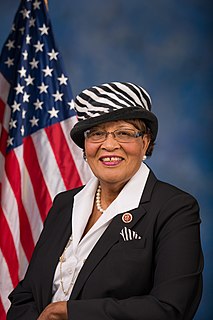A Quote by Petra Kelly
Militarism is in direct competition with people's needs for food, health care, and environmental protection.
Related Quotes
The "environmental movement" is becoming an economic movement, is joining the social justice movement, is becoming a sustainability movement. It's leaving behind the "People's Needs versus Nature's Needs" conflict in favor of making the case for environmental health as the essential underpinning of prosperous and stable human civilization.
In comparison to the U.S. health care system, the German system is clearly better, because the German health care system works for everyone who needs care, ... costs little money, and it's not a system about which you have to worry all the time. I think that for us the risk is that the private system undermines the solidarity principle. If that is fixed and we concentrate a little bit on better competition and more research, I think the German health care system is a nice third way between a for-profit system on the one hand and, let's say, a single-payer system on the other hand.
Is it just a coincidence that as the portion of our income spent on food has declined, spending on health care has soared? In 1960 Americans spent 17.5 percent of their income on food and 5.2 percent of national income on health care. Since then, those numbers have flipped: Spending on food has fallen to 9.9 percent, while spending on heath care has climbed to 16 percent of national income. I have to think that by spending a little more on healthier food we could reduce the amount we have to spend on heath care.

































